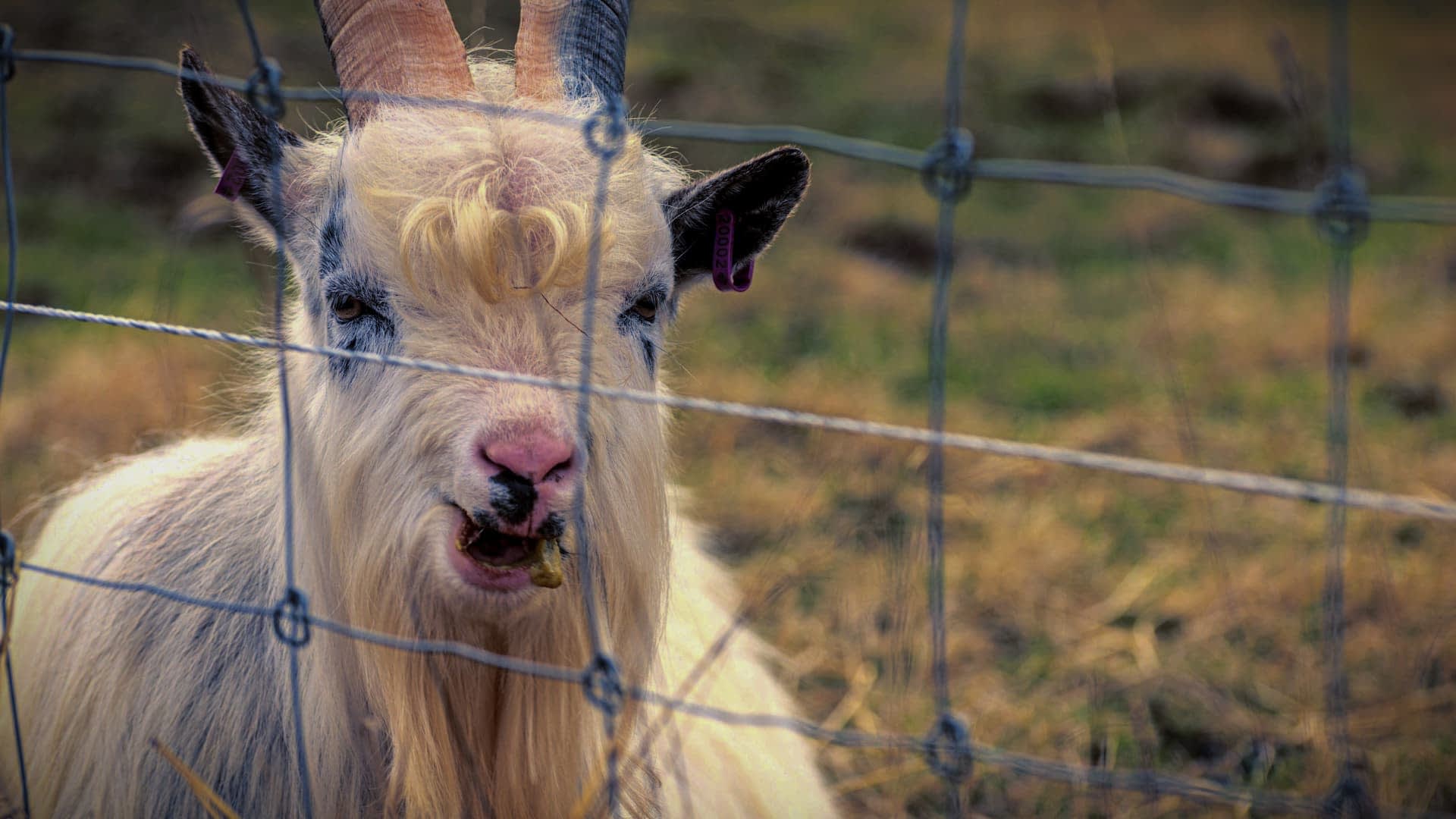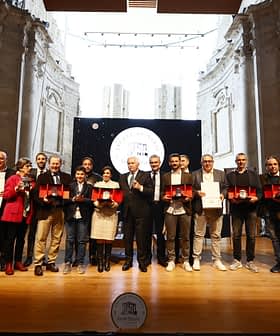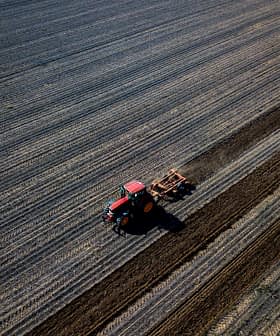An Olive Leaves-Based Diet Might Improve Sheep's Cheese
New research reveals that adding olive leaves to a ewe's diet results in healthier cheese.
Adding olive leaves to the diet of sheep might improve their health, increase the sustainability of the food chain and create a better quality cheese. The antioxidant qualities of the olive leaves seem to migrate to cheese produced from the sheep’s milk. Adding olive leaves might also improve the fatty profile of the cheese.
According to a study published in the International Dairy Journal, adding a feeding comprised of 28 percent olive leaves to a sheep’s daily diet might produce a healthier-than-normal cheese that consumers appreciate. The group of Italian researchers conducted the study by manipulating the diet of the sheep for thirty days.
Twenty multiparous Comisana ewes at mid-lactation were divided into a control group, and a leaves group. Both groups grazed together. During the two daily milkings, the leaves group would be given a concentrate containing dried olive leaves while the control group ate the usual pelleted concentrate.
The results showed that the cheese made from the leaves group contained a higher percentage of healthy fatty acids while the saturated fat percentages were significantly less than the control group. Interestingly, the leaves group’s milk yield was also greater than the control group.
See Also:Health NewsAccording to the researchers, the leaves group’s cheese also had more cheese fat content. Its profile, though, showed higher levels of monounsaturated fatty acids.
The increased n‑3 polyunsaturated fatty acids in the leaves group’s cheese reduced the atherogenic and thrombogenic indexes and increased peroxidability but not the hydroperoxide content. While vitamins and cholesterol did not differ between the groups, the researchers found varying antioxidant concentrations in the resulting cheese.

After a rest period of 60 days, an untrained panel of consumers was asked to evaluate both groups’ cheese. The panel members did not notice any relevant differences during their first blind tasting. After being told about the organoleptic characteristics of the leaves group’s cheese, the panel indicated a greater appreciation for it than the control group’s cheese.
Introducing their research, the scientists noted how both olive cultivation and sheep farming are important activities in the Mediterranean Basin. About 98 percent of olive oil and 46 percent of sheep milk originate from the area.
Increasing numbers of olive leaves are discarded during olive transformation every year. The mechanization of the harvesting operation has been shown to create a tenfold increase in olive leaf biomass.
On top of this, the researchers noted that olive leaves are suitable food for sheep and explained that the process of incorporating olive leaves into sheep feed is quite simple. As an added bonus, the leaves are carriers of crucial bioactive compounds, such as phenols, tocopherols and carotenoids.
“The results presented in this study indicated that inclusion of olive leaves in the diet of grazing lactating sheep improved yield, antioxidant capacity and fatty acid profile in a model cheese,” the researchers wrote in their conclusion.
“In addition, the consumer test revealed that the general satisfaction increased after informed tasting only for the experimental cheese,” they wrote.
“Therefore, our findings suggest that the use of agro-industrial by-products, besides representing an interesting strategy to improve animal product quality and food chain sustainability, could be a valuable strategy to add value to animal food products,” they concluded.








